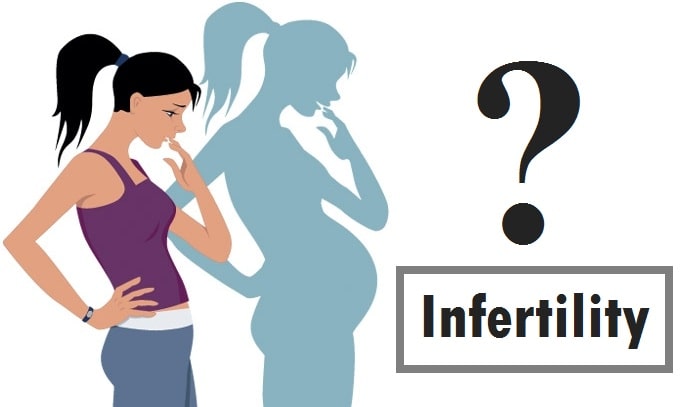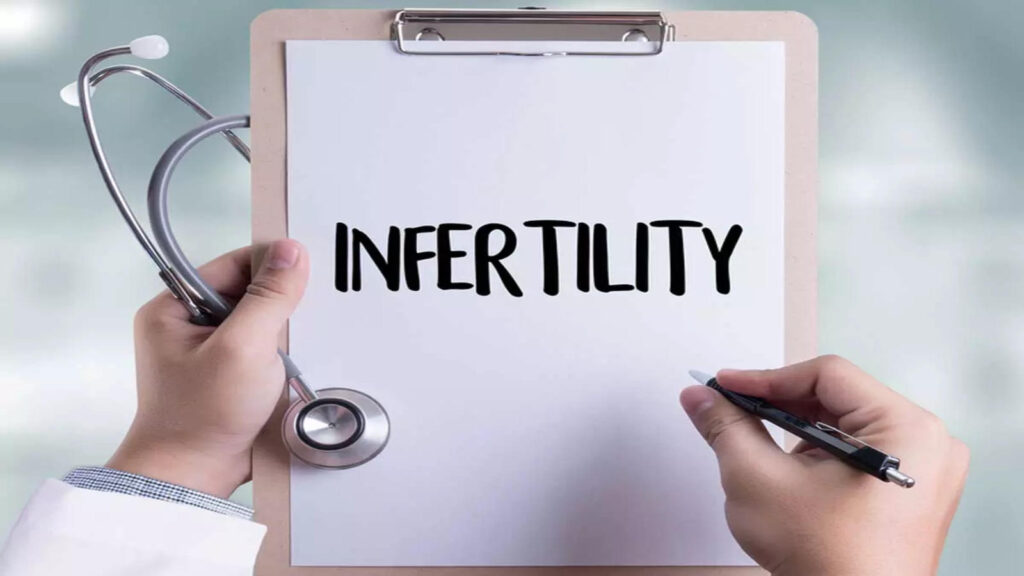Infertility Among Young People: A Growing Concern in India


Infertility among young people in India is becoming a growing concern, with recent statistics indicating a significant rise in cases. According to a report by the Indian Society of Assisted Reproduction, nearly 10-15% of married couples in India face infertility issues, and a considerable number of these couples are under the age of 30. Lifestyle changes, delayed marriages, and increasing stress levels are contributing factors.
Moreover, a study published in the Journal of Reproductive Health found that approximately 27.5 million couples in India actively trying to conceive suffer from infertility. The World Health Organization (WHO) has highlighted that urbanization and changing socio-economic conditions have led to a surge in infertility rates among the younger population, making it a pressing public health issue that requires immediate attention and intervention.
What causes Infertility
Infertility among young people can be caused by several factors including lifestyle choices, diet and nutrition, obesity and weight gain, stress, environmental toxins, medical conditions, and STDs. Recognizing these issues at an early stage is important to prevent or reduce further complications with proper treatment.
The need for early diagnosis
Finding out about fertility issues early can help prevent problems and offer more options for treatment. For instance, if young women discover that they have conditions like polycystic ovary syndrome (PCOS) or endometriosis early, they can start managing these conditions to preserve fertility. Similarly, men who get to know at an early stage that they have a low sperm count or poor sperm movement can make lifestyle changes or get treatments to improve their fertility.
Facilitating Comprehensive Care Through Early Diagnosis
Early diagnosis helps open communication between patients and healthcare providers, allowing for better care and support throughout the fertility journey. By talking openly and using the knowledge of fertility specialists, young adults can handle infertility issues with more confidence and strength.
Early Detection
To detect fertility issues early, both individuals and healthcare professionals need to be more aware and proactive. Encouraging conversations about fertility health, promoting regular check-ups, and making fertility testing more accessible are key steps to managing fertility proactively among young people.
Exploring Treatment Options
There are various treatments for those facing fertility issues. Lifestyle changes, such as keeping a healthy weight, exercising regularly, cutting down on alcohol, quitting smoking, and managing stress, can improve overall health and fertility.
Medications can help with hormonal imbalances or conditions like PCOS or endometriosis, regulate menstrual cycles, and promote ovulation.
Assisted reproductive technologies (ART) like IVF, ICSI, and IUI can increase the chances of conception. Freezing eggs or sperm can preserve fertility for those undergoing treatments that affect fertility. Counseling and support services provide emotional help to deal with the challenges of infertility.
Infertility in young people highlights how important early diagnosis is for better outcomes. By spotting signs early, seeking timely medical help, and exploring options to preserve fertility, young adults can overcome fertility challenges and move toward parenthood.
Taking a proactive approach to fertility management allows individuals to take charge of their reproductive health and achieve their family goals, creating a future where infertility is met with resilience, compassion, and support.
About the author- Dr. Swati Mishra, Centre Head and Senior Consultant, Birla Fertility & IVF, Kolkata
